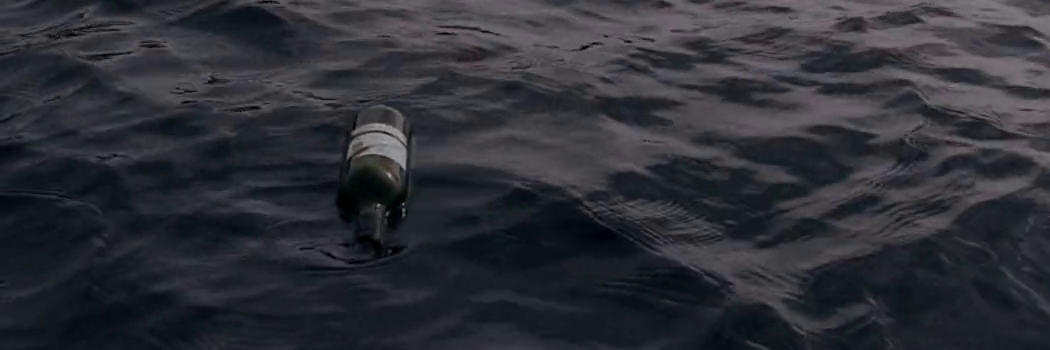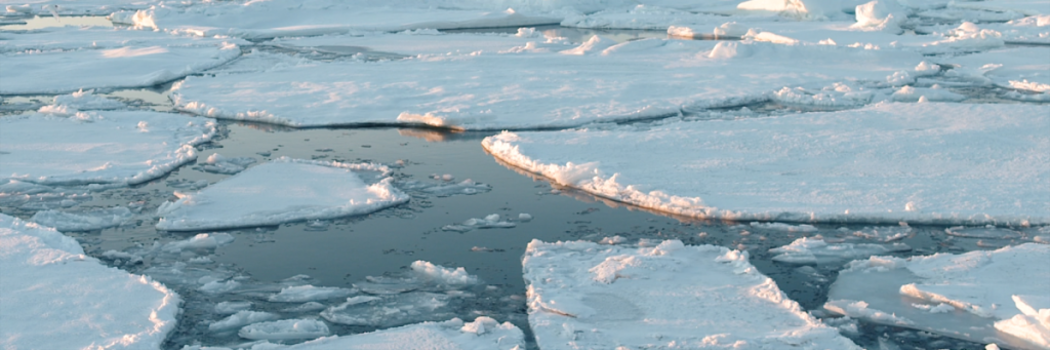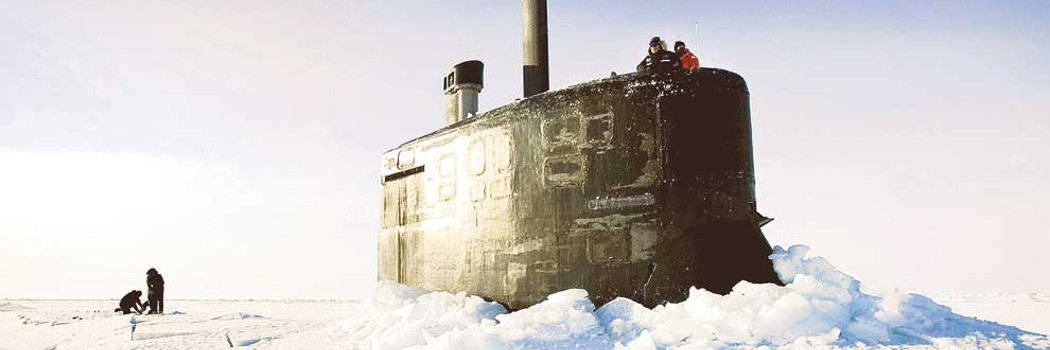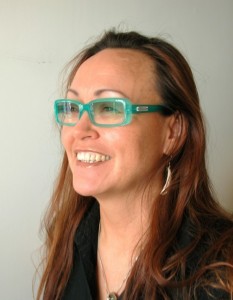Director: Diego Barraza (Chinoix)
Poem / Poema: Jessie Kleemann
Voz / Voice: Claire Wilkinson
Bailarina / Dancer: Alison Brewerton
Duración / Duration: 01:35
Año / Year: 2014
"Dolor ártico" es un vídeo derivado del "Poema Nº 6" que pertenece a una serie sobre el cambio climático y sus efectos en el Ártico, escrita por la poeta y artista groenlandesa Jessie Kleemann. En "Poema Nº 6", el yo apela a las reminiscencias en busca de sabiduría para afrontar un futuro sombrío y desolador; es una voz que no viene del centro hegemónico sino de los márgenes, comprobando que allí también se recrea conocimiento mientras las reflexiones se articulan por medio de otra imaginería, la del pueblo de Groenlandia. Mientras los glaciares se derriten y los deseos mundanos le dan forma a la política, el yo poético se pregunta si esa es realmente su tierra. El vídeo mismo contrasta la realidad del presente con un sentido de lugar anidado en la memoria de la poeta. Las imágenes llevan a la mente a diferentes lugares, lejos de la palabra hablada, y esa combinación conjura y evoca nuevos significados y crea otro nivel de sugerencia e interpretación.
'Arctic Ache' is a video derived from ‘Poem Nº 6’, which is part of a series about climate change and its effects on the Arctic written by Greenlandic artist and poet Jessie Kleemann. In ‘Poem Nº 6’, the self appeals to reminiscences in search of wisdom to overcome a bleak and gloomy future; it is a voice that comes not from the hegemonic centre, but from the margins, proving that in those margins knowledge is also recreated and reflections are articulated by means of other imagery, that of the Greenlandic people. As glaciers melt and mundane desires shape politics, the poetic-self wonders if this is really her land. The video itself contrasts the present-day reality with a sense of place nestled in the memory of the poet. Images lead the mind to different places away from the spoken word and that combination conjures and evokes new meanings and creates another level of suggestion and interpretation.
|
Poema Nº 6
Glaciares en movimiento
canciones se elevan entre luces danzantes
Osos polares y lobas corriendo
Placeres mundanos verticales y en fila
de plantas acuáticas al pie de
uranio oro aluminio
mi ataúd en esta tierra
|
Poem Nº 6.
Moving glaciers
songs elevated through dancing lights
Running polar bears and she-wolves
Worldly pleasures are vertical in line
the waterplants at the foot of
uranium gold aluminum
my coffin on this earth
Jessie Kleemann
|
Diego Barraza









